Former Vice President Atiku Abubakar has sharply criticized Nigeria’s 2025 budget proposal, expressing concerns over its potential to foster sustainable economic growth and address the nation’s deep-rooted challenges. He described the budget as a continuation of “business-as-usual” fiscal practices under the current administration.
The proposed budget, amounting to N49.7 trillion, includes a revenue forecast of N35 trillion, resulting in a deficit exceeding N13 trillion, or approximately 4% of the Gross Domestic Product (GDP). To bridge this fiscal gap, the government plans to secure over N13 trillion in new borrowings, comprising N9 trillion in direct loans and N4 trillion in project-specific financing. Atiku argued that this borrowing strategy mirrors the approach of previous administrations, leading to escalating public debt and increased risks related to interest payments and foreign exchange exposure.
Atiku highlighted several critical issues within the budget:
-
- Weak Budgetary Foundations: He pointed out the underperformance of the 2024 budget, where less than 35% of the allocated capital expenditure for Ministries, Departments, and Agencies (MDAs) had been disbursed by the third quarter, despite claims of 85% budget execution. This underperformance raises concerns about the effective execution of the 2025 budget.
-
- Disproportionate Debt Servicing: The budget allocates N15.8 trillion (33% of total expenditure) to debt servicing, nearly equal to the planned capital expenditure of N16 trillion (34%). Moreover, debt servicing surpasses spending on key priority sectors such as defense (N4.91 trillion), infrastructure (N4.06 trillion), education (N3.52 trillion), and health (N2.4 trillion). This imbalance is likely to crowd out essential investments and perpetuate a cycle of increasing borrowing and debt accumulation, undermining fiscal stability.
-
- Unsustainable Government Expenditure: The government’s recurrent expenditure remains disproportionately high, with over N14 trillion (30% of the budget) allocated to operating an oversized bureaucracy and supporting inefficient public enterprises. The lack of concrete steps to curb wastage and enhance the efficiency of public spending exacerbates the fiscal challenges, leaving limited resources for development.
-
- Insufficient Capital Investment: After accounting for debt servicing and recurrent expenditure, the remaining allocation for capital spending, ranging from 25% to 34% of the total budget, is insufficient to address Nigeria’s infrastructure deficit and stimulate growth. This equates to an average capital allocation of approximately N80,000 (US$45) per capita, insufficient to meet the demands of a nation grappling with slow growth and infrastructural underdevelopment.
-
- Regressive Taxation and Economic Strain: The administration’s decision to increase the Value Added Tax (VAT) rate from 7.5% to 10% is a retrogressive measure that will exacerbate the cost-of-living crisis and impede economic growth. By imposing additional tax burdens on an already struggling populace while failing to address governance inefficiencies, the government risks stifling domestic consumption and further deepening economic hardship.
Atiku emphasized that the 2025 budget lacks the structural reforms and fiscal discipline required to address Nigeria’s multifaceted economic challenges. He urged the administration to prioritize the reduction of inefficiencies in government operations, tackle contract inflation, and focus on long-term fiscal sustainability rather than perpetuating unsustainable borrowing and recurrent spending patterns. A shift towards a more disciplined and growth-oriented fiscal policy is essential for the nation’s economic recovery.

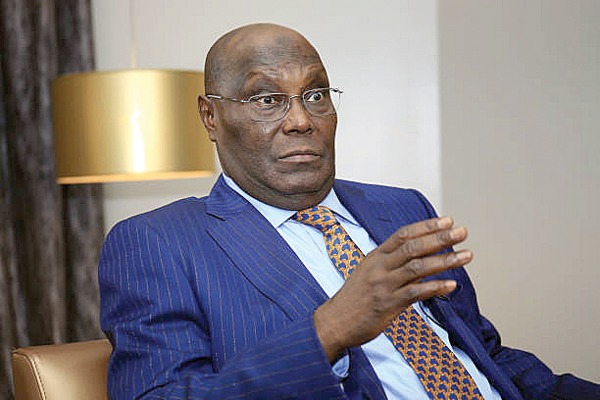




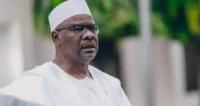
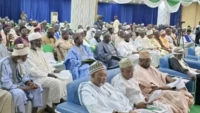
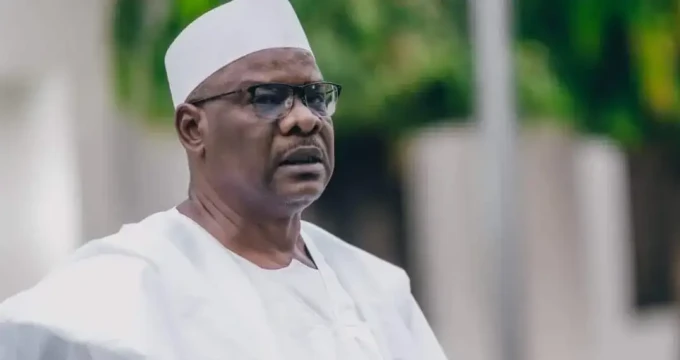
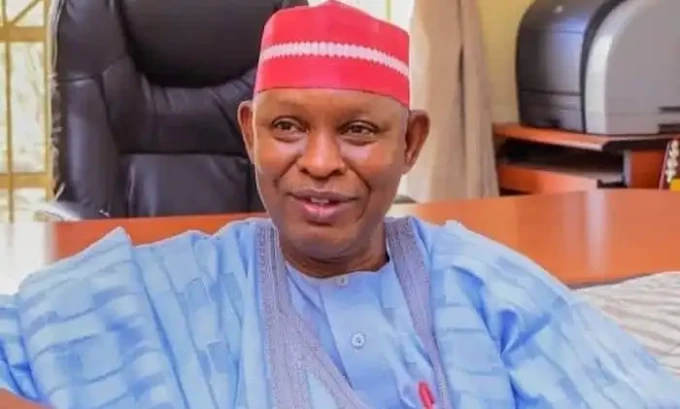
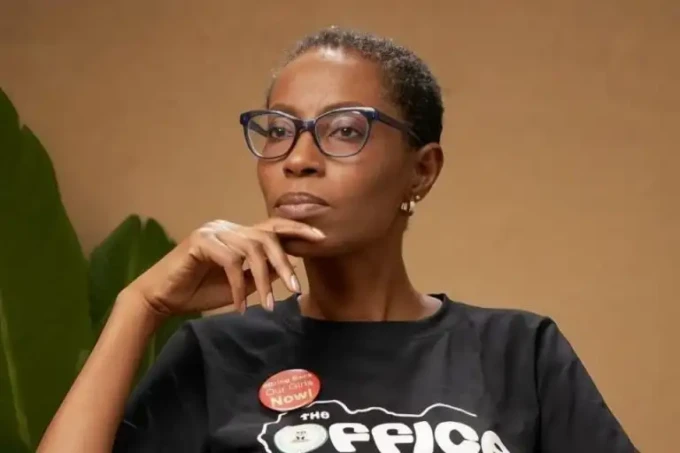
Leave a comment